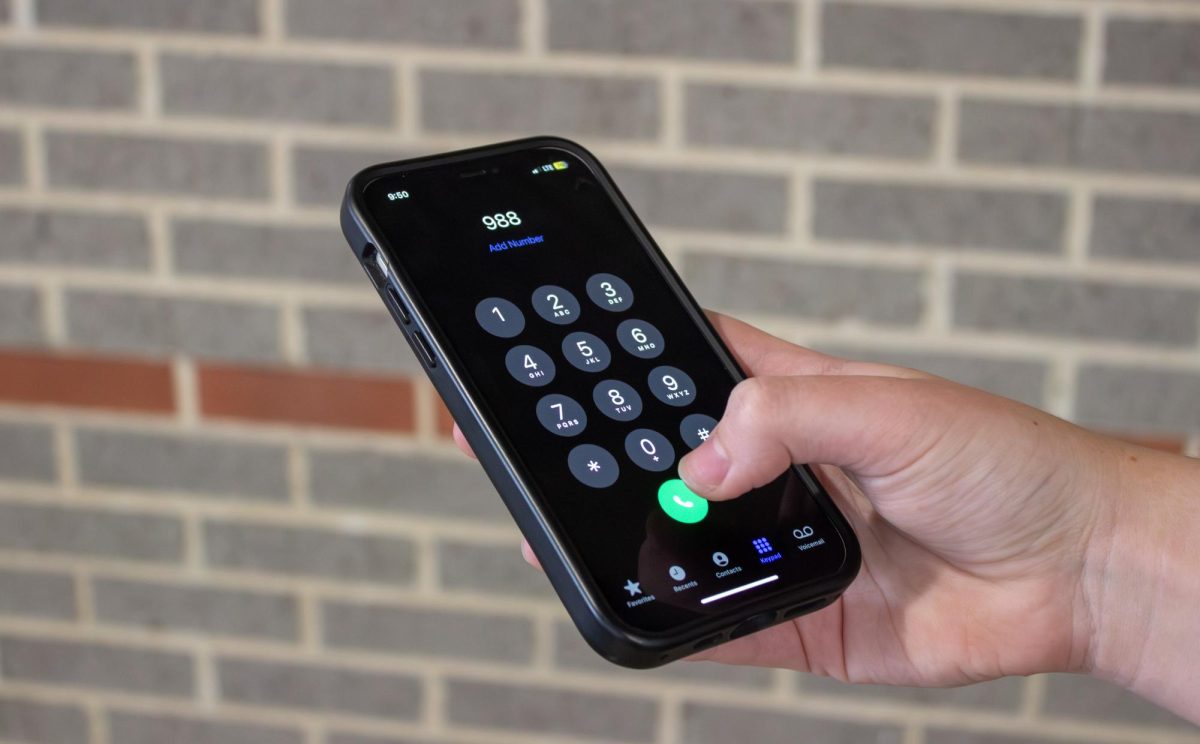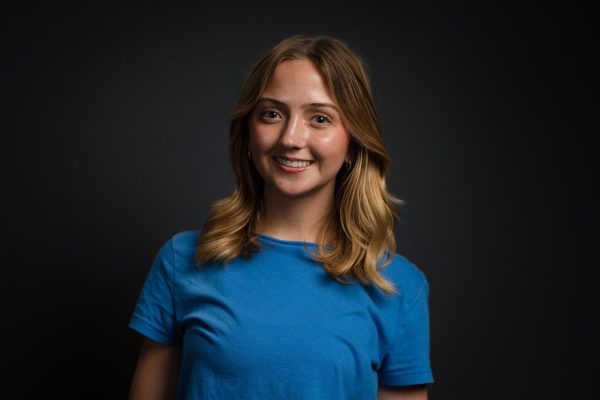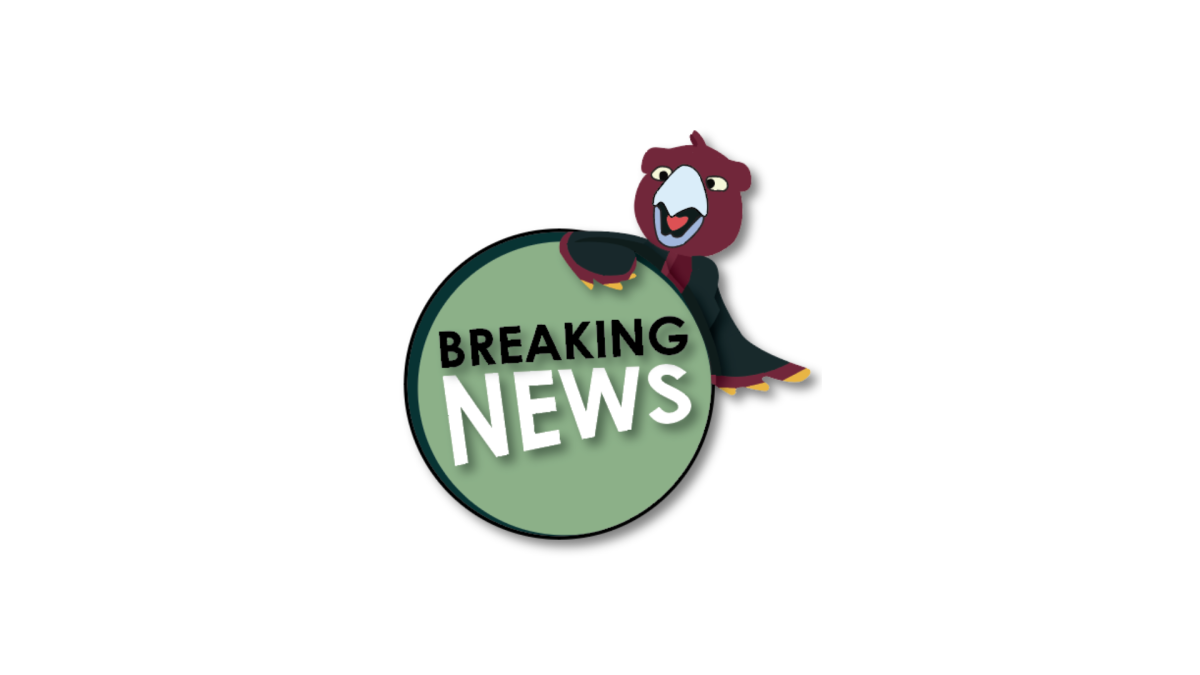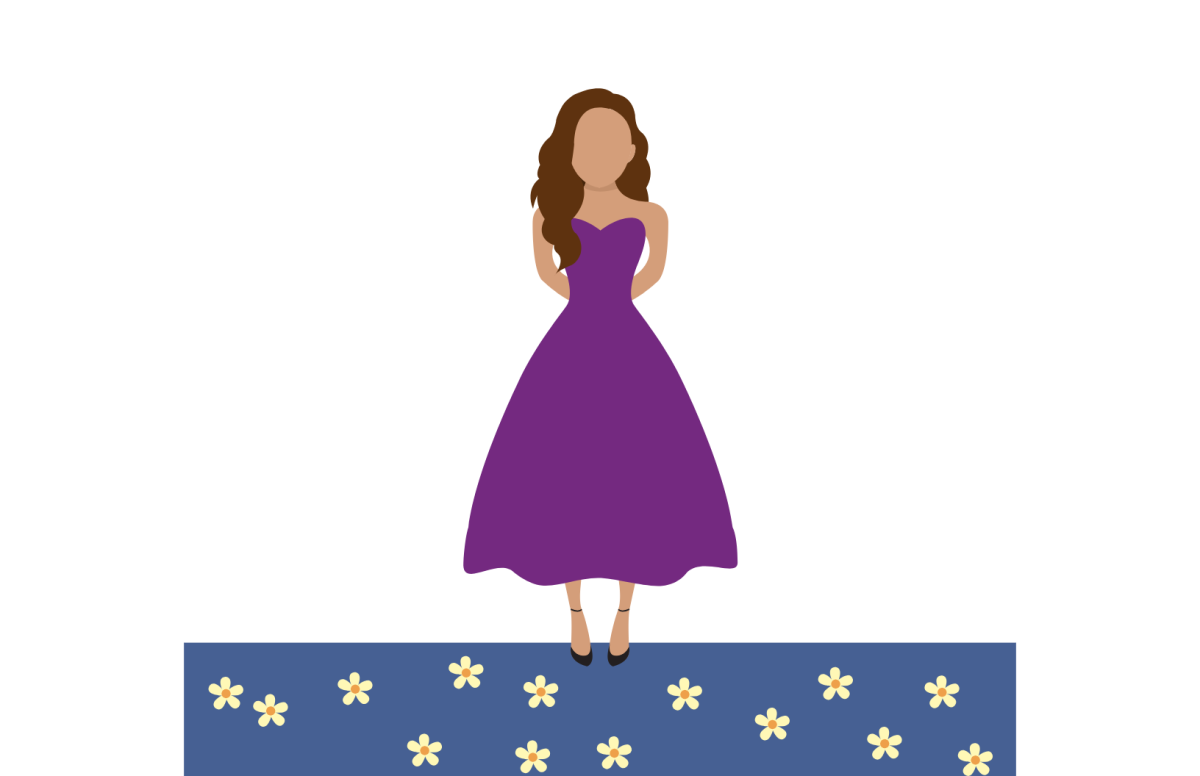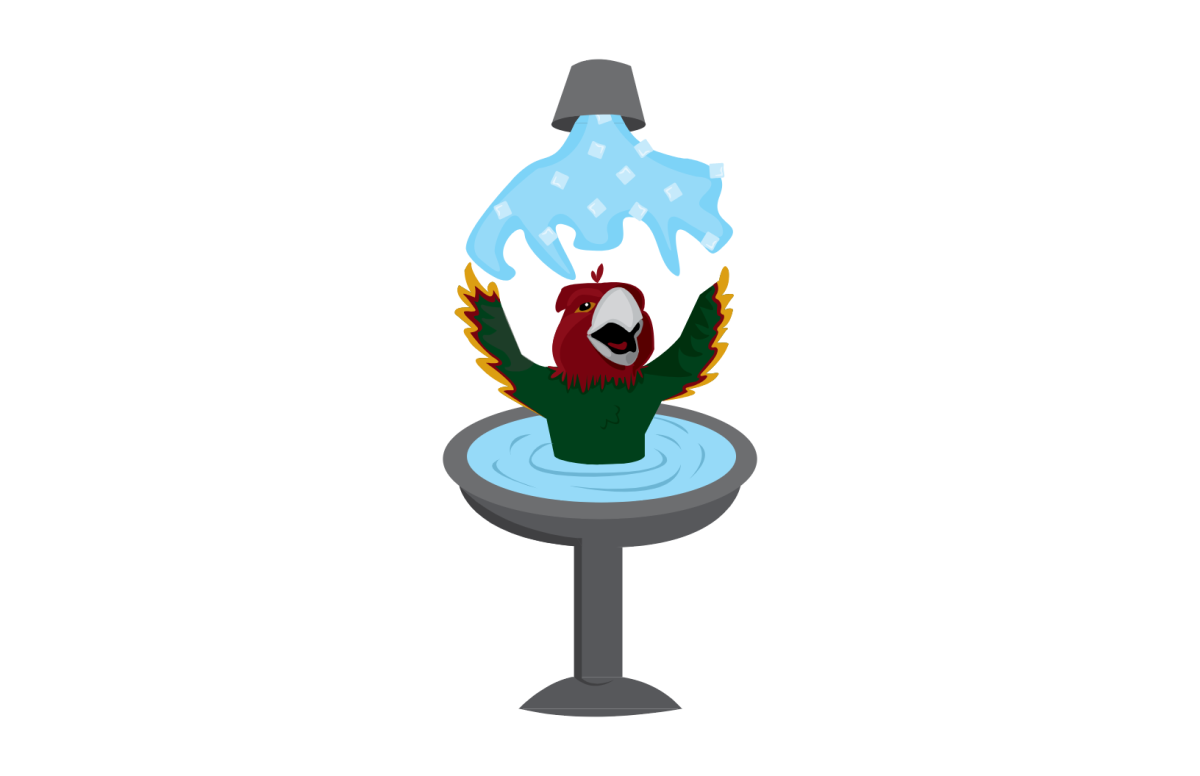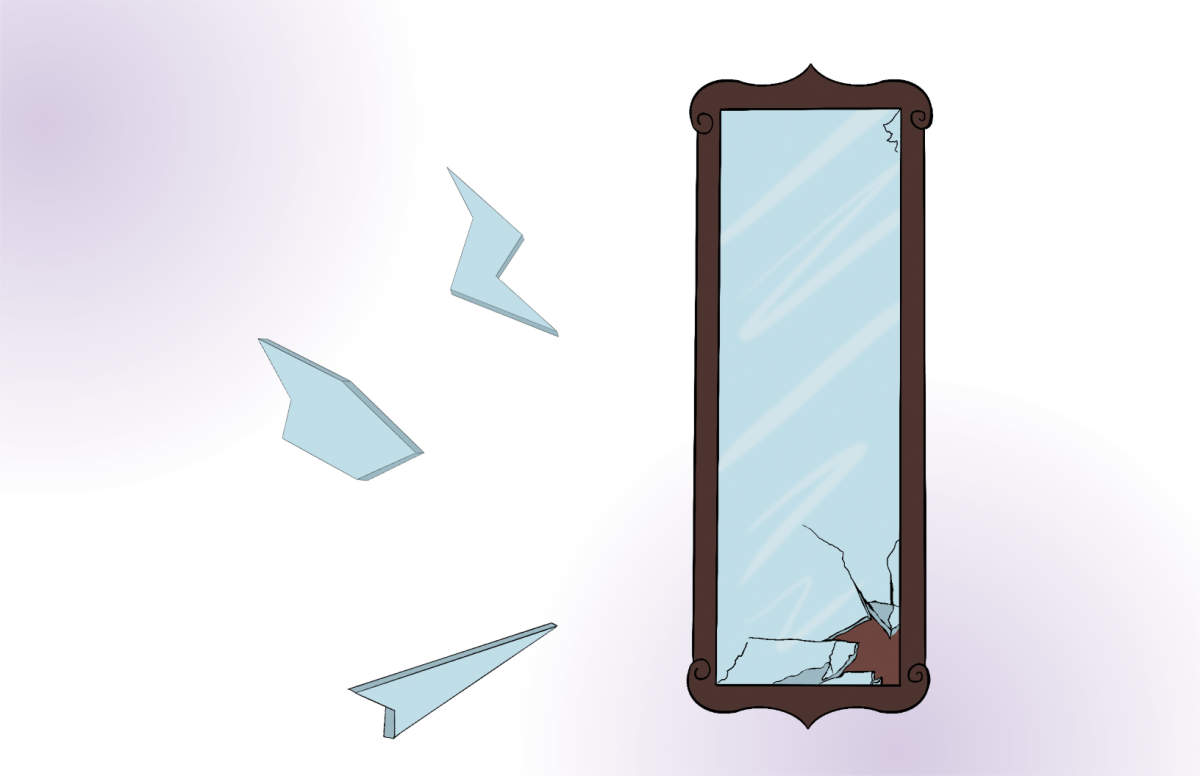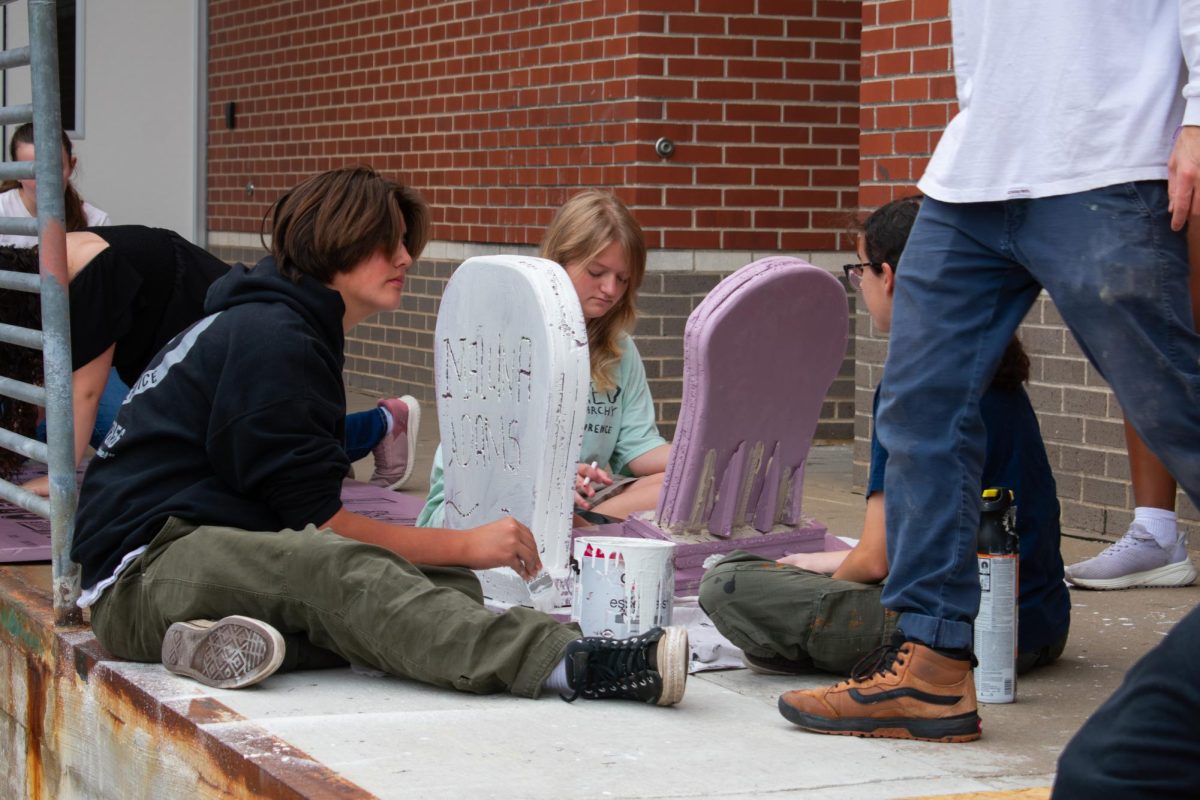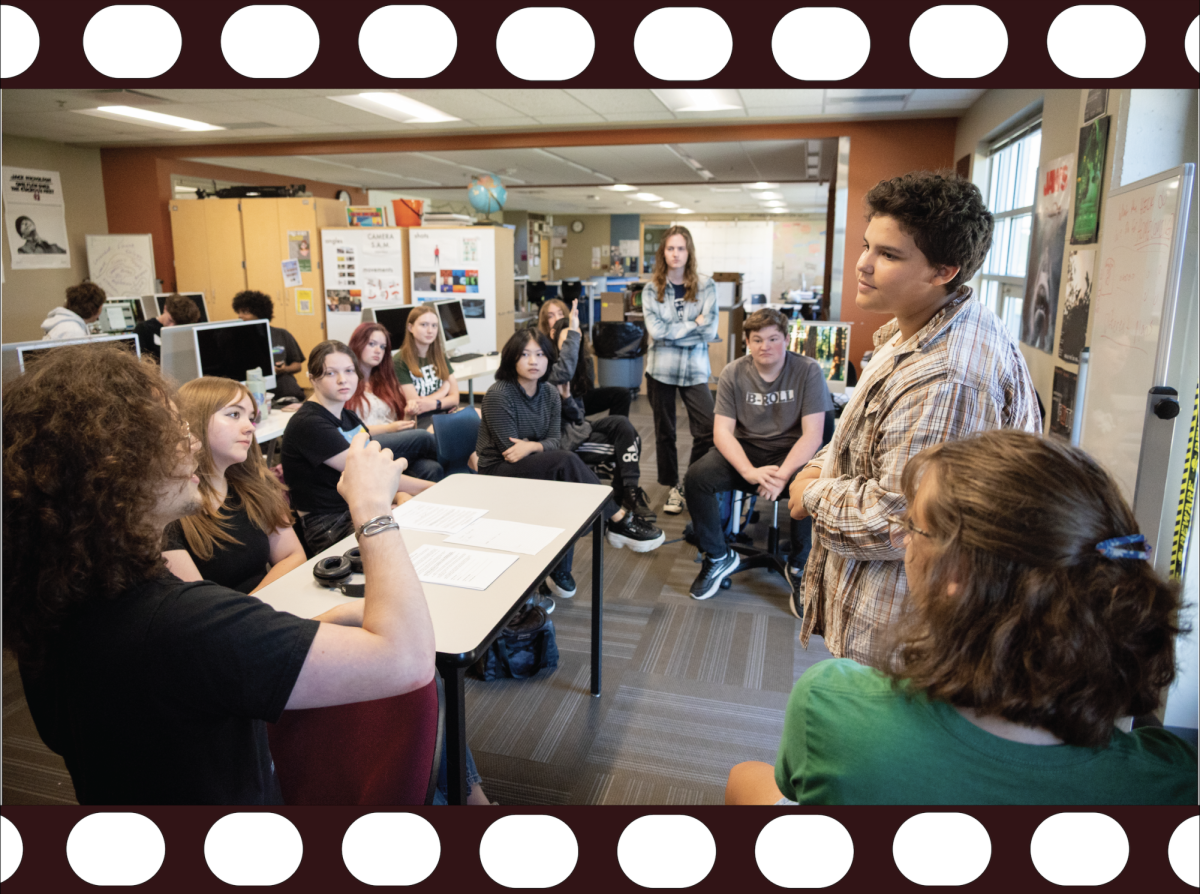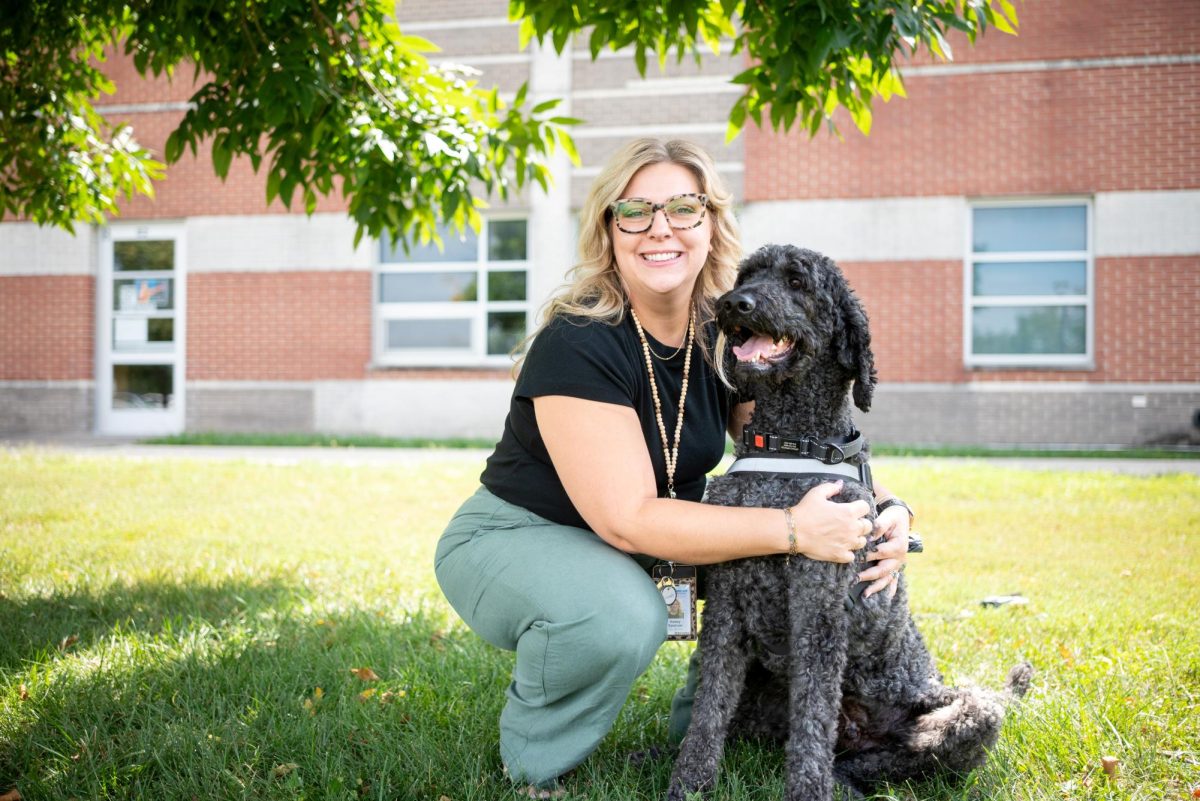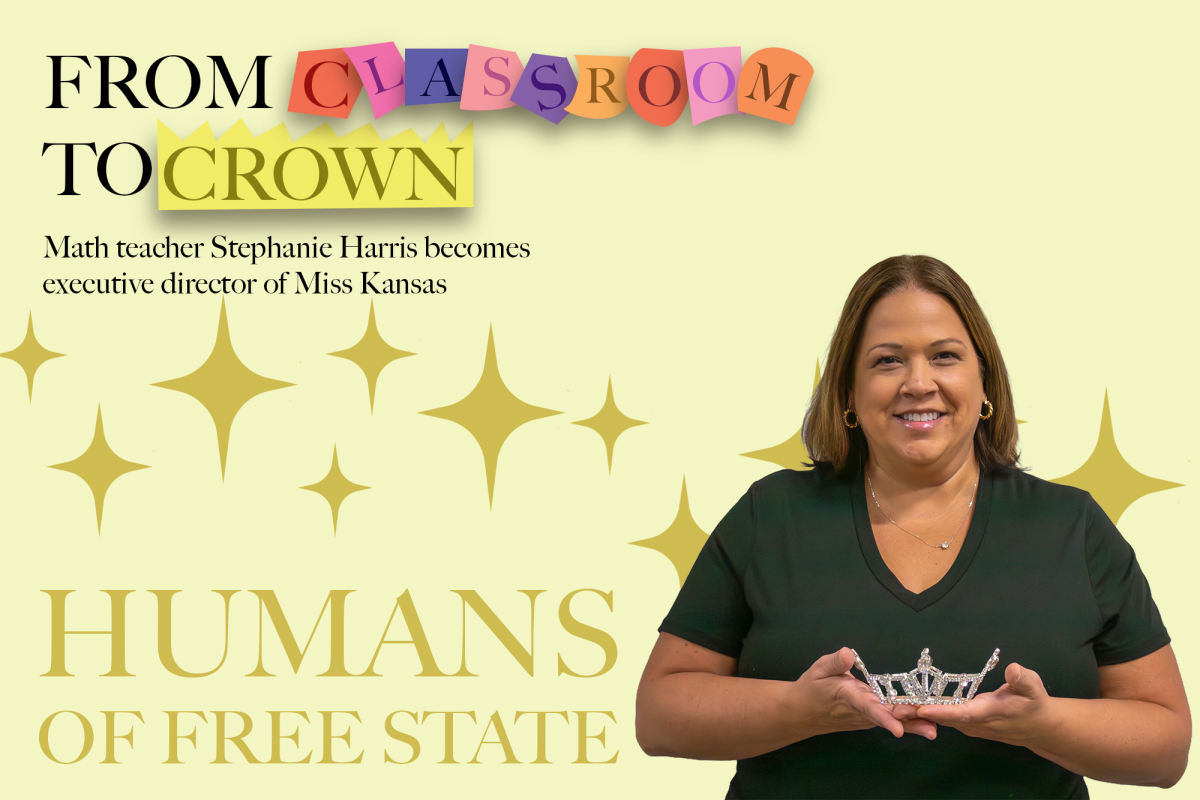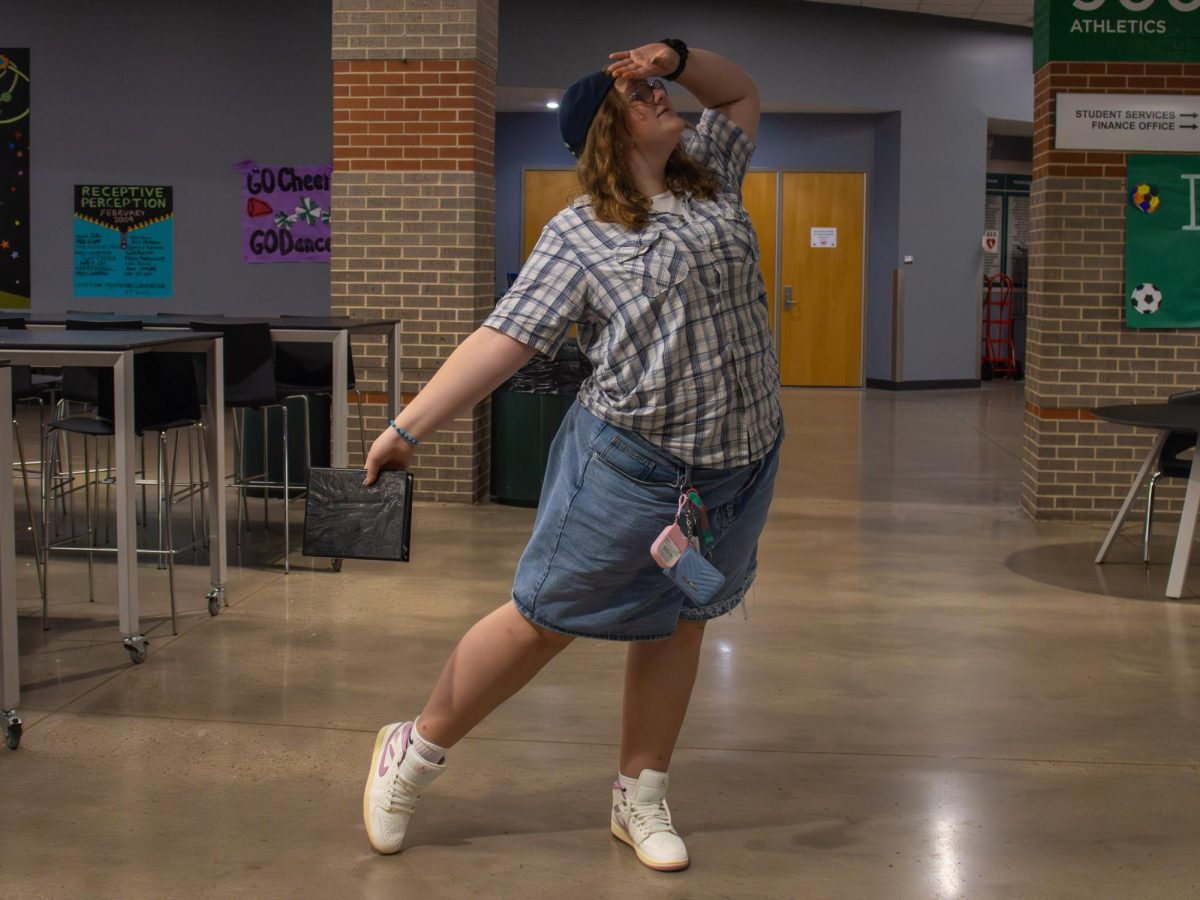Suicide prevention month draws attention to mental health, suicide survivors and the question of how to stay safe and support those around you. Reaching out might seem scary, and having resources created especially for teens is a vital step in suicide prevention and reducing the stigma around mental health issues.
Kristin Vernon is the director of counseling at the Bert Nash Community Mental Health Center, currently helping to develop the Youth Recovery Center She started answering calls for the nations suicide and crisis hotline 988 in 2005, before working as the Bert Nash director of counseling services. According to Vernon, the best way to reduce the stigma around mental health issues and services is to talk about them openly and respectfully.
“If we can embrace and understand that we all have experiences with mental health and we all have likely some experience with knowing someone or having suicidal thoughts ourselves or self-harm thoughts, we can be more willing to talk about those things to be open about them,” Vernon said.
Meg Hasselmen works alongside Vernon at Bert Nash, working as the program manager for the upcoming Youth Recovery Center. Hasselmen worked closely with teens for 988 before moving to Bert Nash in June.
“I would travel to do presentations about how to get connected to help and how to support your friends. And I would talk a little bit about what it’s like to call 988, stuff like that,” Hasselmen said. “I would also go and respond if a school or a community had lost a student to suicide. I was part of the team that would go out and provide support to the community.”
Shannon Gerstner works supporting counselors at 988 headquarters, but has worked as a crisis counselor in the past. Gerstner said that in the second week of August, 988 answered a total number of contacts equal to the whole year of 2022.
“The larger 988 network is important because our country has failed to give mental health the support that it needs and deserves,” Gerstner said. “So those suffering with mental health conditions really can have an incredibly challenging time accessing mental health support, and so to have a counselor that’s accessible 24/7 for free shouldn’t be radical but in this country, it is.”
Although 988 is first and foremost a crisis hotline, it also provides follow-up services for those who ask.
“So we could go through our list of resources and find your community mental health center. We can direct you towards online resources if you are insured; that will help you find a therapist based on your insurance,“ Gerstner said. “If you are experiencing a crisis, then we also offer follow-up calls. So we can call you a few hours later, we can call you the next day or the next week.”
You can always reach out for help. Suicide is preventable and help is available. Other hotlines/resources besides 988 include:
The Trevor Project
The Bert Nash Community Mental Health Center
Hey HQ, run by teens Thursday-Sunday 4-7 pm: (785) 856-2600



